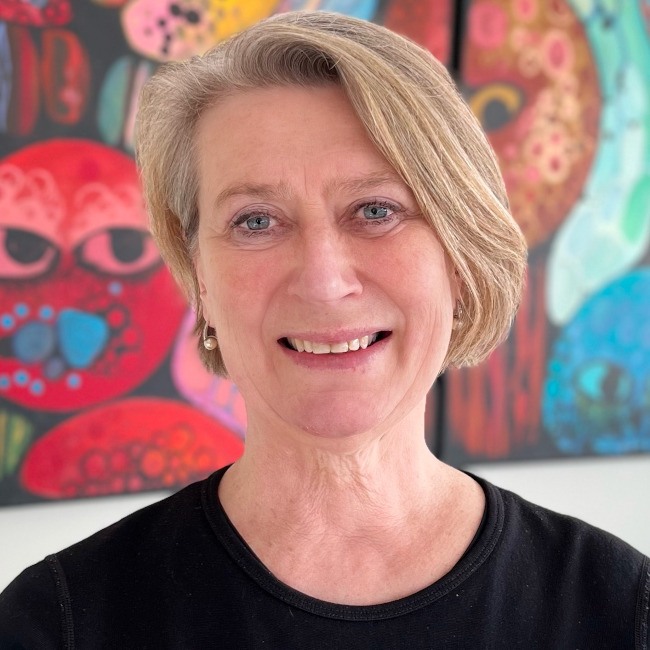Speaker

CAROLIEN RIEFFE
LEIDEN UNIVERSITY. NETHERLANDS
Prof. Dr. Carolien Rieffe leads the Focus On Emotions research lab at the Developmental and Educational Psychology section of the Institute of Psychology at Leiden University, and University of Twente, the Netherlands. She is Professor of Social Interaction Technology at the University of Twente and Honorary Professor at the Institute of Education at UCL (University College London) in London.
She studies the development of emotional intelligence and how this affects social development and mental health in young people. Central to this is interaction with the environment and the role of social learning. Rieffe studies youth of all ages, focusing in part on understanding the impact of individual differences on the development of youth with hearing loss and autistic youth.
From Loneliness to Belonging: Understanding Autistic Perspectives and Environmental Barriers

People with autism often face challenges that stem primarily from their interactions with environments fraught with physical, attitudinal, communicative, and social barriers. However, these challenges are often misinterpreted as inherent deficiencies from a neurotypical perspective, leading many youth and adults with autism to hide their difficulties and experience feelings of misunderstanding, invalidation, exclusion, and loneliness. Therefore, a better understanding of environmental barriers and their effects on the daily experience of people with autism is essential to creating an environment where they can thrive. This symposium seeks to highlight the importance of including the lived experiences and perspectives of youth and adults with autism and to explore ways to meaningfully assess and improve their interactions with their everyday environments. The first two presentations address the emotional and social impact of masking and loneliness from the perspective of children, adolescents, and adults with autism. By highlighting these challenges, a clearer understanding of the specific factors that contribute to poor mental health in individuals with autism at different stages of development is explored. The third presentation presents a smartwatch-based tool designed to quantitatively measure social connection during the school day. Using a co-design and participatory action research approach, the lived experiences of university students with autism—specifically, how using the smartwatch felt respectful, inclusive, or intrusive—were actively included in the design process. This work highlights how collaborative design can support the creation of welcoming, supportive, and responsive environments that address the needs of neurodiversity. In the fourth presentation, we delve deeper into the role of the environment.
Specifically, this work addresses the built environment in schools, including playgrounds, schoolyards, cafeterias, and hallways, which are the places where young people meet with their peers and socialize. The built environment factors that may exacerbate or alleviate the challenges faced by young people with autism in schools are analyzed, and principles for designing autism-friendly environments are proposed.












